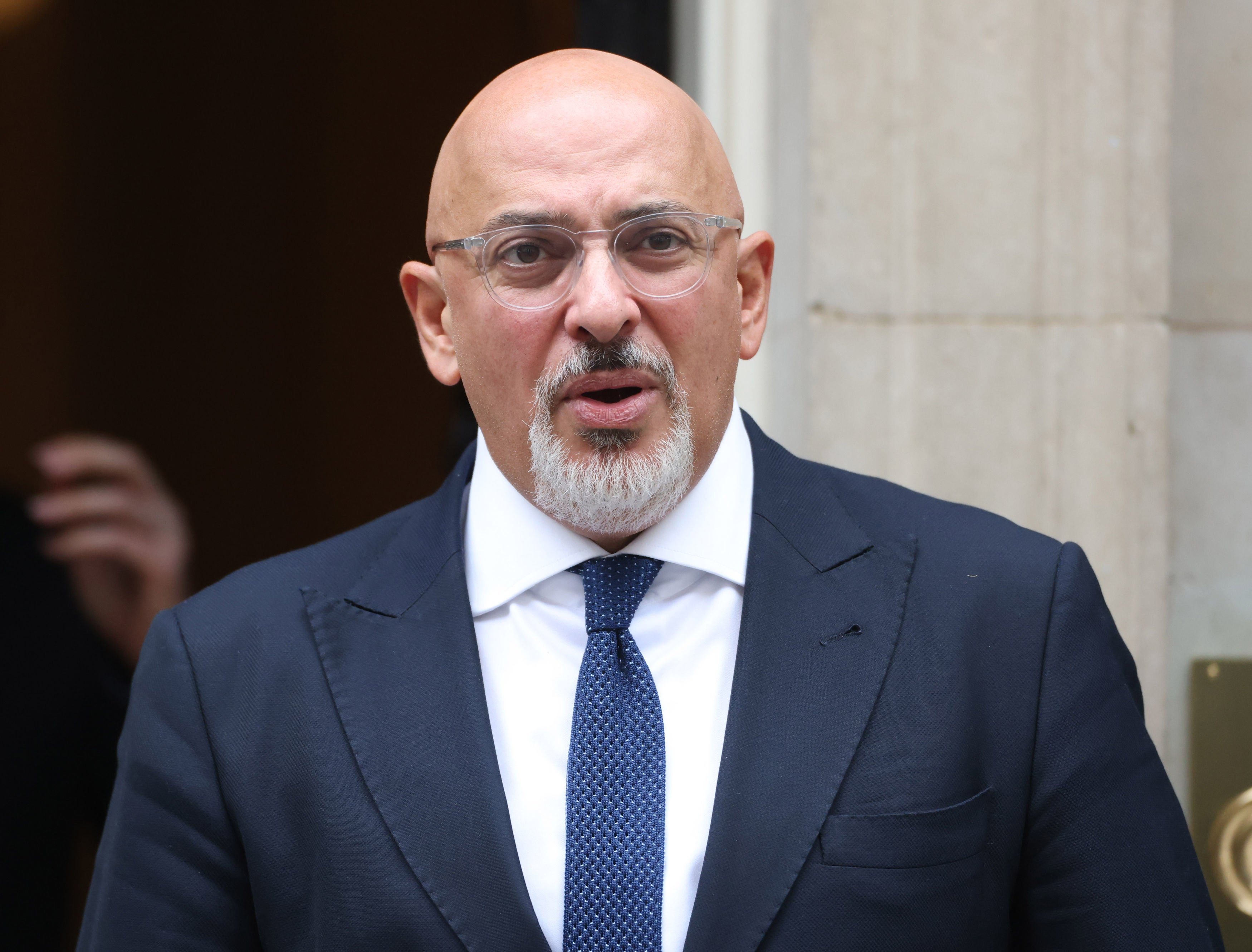The Independent's journalism is supported by our readers. When you purchase through links on our site, we may earn commission.
It is never acceptable to smack kids – of course it should be banned
Children are among the most vulnerable members of society. They deserve our protection, our love, our care – and our role modelling


If there’s one thing that divides parenting today from parenting in the past, it is surely the way we discipline our children.
When my daughter was small, I remember taking her to a local toddler singing group. There, a mum smacked her son because he wasn’t listening. The entire room fell quiet.
It seems to me that we’ve undergone a profound societal change in the past 30 years or so; both in the way we view parenting (see the many books on “attachment parenting” for one example), and the way we view punishment. Within the space of a single generation, the once-socially acceptable method of smacking kids – on the arm, on the bottom – has become, largely, a source of horror. Which is exactly how I believe it should be.
Smacking is already illegal in Scotland and Wales. And now there are calls from doctors to finally introduce a ban on smacking in England and Northern Ireland – they’ve branded the current laws “unjust and dangerously vague” and have warned children suffer “lasting mental and physical effects” from being hit at home.
But not everyone agrees. Treasury minister Laura Trott said today that abuse of children is “completely unacceptable”, but when asked by Sky News if she would support a ban, maintained: “It is for parents to discipline their children.”
Nadhim Zahawi is another who doesn’t. In fact, the former education secretary rejected a call in 2022 by England’s children’s commissioner, Dame Rachel de Souza, to ban smacking. It meant that England did not follow Scotland and Wales’s stellar example in making smacking illegal before now.
I find this decision shocking and misguided – both as a parent of two young children, and as someone who (like so many of my peers) was smacked as a child. Zahawi claimed that there is nothing wrong with a “light smack”; that discipline should be left “up to parents”; that interfering with the way people choose to punish their kids is “nanny state” politics. He also revealed that his wife occasionally gives their nine-year-old daughter “a light smack on the arm if she’s being completely naughty”.
Well, I have young children, too. And I cannot think of a single instance in which I would lay my hands on them – I can’t even begin to conceive of one.
I believe we should treat kids with respect. I think they should be listened to, their opinions heard, their feelings validated and space given to hear them out when they feel aggrieved – exactly as we do with other adults. This isn’t the Victorian era, we don’t live in a world where children should be “seen and not heard”; in some misguided attempt to reduce their rights and treat them as “less than”.
We should be treating kids as we expect to be treated. They’re human beings – just slightly smaller ones. If you disagree with someone in the street, you don’t just go up and lamp them. You wouldn’t slap or smack a pet dog or a cat, either; and if you did, you’d expect to be reported for cruelty. So why is it still seen as justifiable to do that to a child?
Kids are among the most vulnerable members of society. They deserve our protection, our love and care – and our role modelling. To me, there’s no mitigation that it’s a “light” smack, versus one with intent to harm; though I know that many parents reading this will scoff at the notion that scolding a child with a tap or a smack is an “act of violence”.
But you can’t tell kids that violence is wrong, then use an example of physical violence against them to punish them. It makes no sense. At best, it’s a mixed message; at worst, it’s abuse.
We need to demonstrate to our kids that empathy, kindness and compassion are paramount – now, more than ever, when so much of the world around them is cruel and devoid of tenderness.
If you were smacked as a child, like I was, then you will know that it doesn’t engender love and affection: but fearful obedience. Think back, really think back, to the moment you knew you were in trouble with a parent or caregiver; the person who would dish out the slaps or “light smacks”. Chances are, you felt afraid of them. Maybe not all the time, but in that moment? A sick, nauseous fear. The thought of my children feeling like that about me is unconscionable.
Yet statistics show that many people are still happy with the status quo – a YouGov poll conducted in 2017 revealed that 59 per cent of parents did not believe smacking should be banned. But I would ask those people to read the studies that have shown a link between smacking and psychological problems in adulthood, including symptoms of depression, drinking moderate or heavy amounts of alcohol and taking drugs. I would ask them not to listen to me, but to the experts.
I spoke to parenting author Liat Hughes Joshi, who told me that smacking is not the best choice for parents, by far. “If we look at the research, it shows that smacking is not effective,” she said. “Many people think, ‘well, it didn’t do me any harm’ – and believe parents should have the choice. But research shows that overall, it does do harm.”
Joshi said that one of the problems with smacking is that it tells the child they’ve done something wrong – but doesn’t explain what they should do instead; and results in increased levels of the primary stress hormone, cortisol. “It boosts their levels of cortisol, activates the fight-or-flight response, and makes them anxious,” she said. “If you’re feeling stressed and a bigger person has just smacked you, you’re not physically going to be able to listen or learn. You’re too busy crying.”
So, what should parents do instead? Well, according to Joshi, how best to discipline and motivate your child depends on their individual personality. And there are multiple alternatives to being physical: such as using positive reinforcement rewards like star charts and marble jars, or depriving them of screen time or pocket money. “Different children respond to different methods,” she told me. “You just have to find what works best for your child.”
Violence is never the answer. And neither is “light” violence, which is what smacking really represents.

Join our commenting forum
Join thought-provoking conversations, follow other Independent readers and see their replies